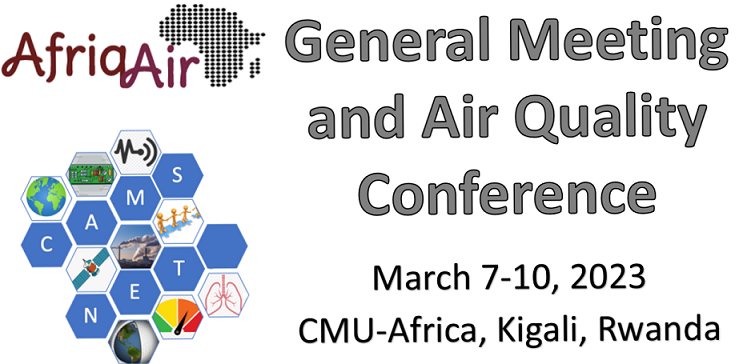Speaker
Description
Populations living in West African capitals are increasingly exposed to fine particles from anthropogenic activities. However, the high cost of reference measurement instruments makes it difficult to conduct studies to routinely assess exposure levels and impacts. Particulate Matter (PM) Low-Cost Sensors are widely used to monitor air quality in regions where no reference monitors are available. This study carried out within the framework of the Improving Air Quality in West Africa (IAQWA) project funded by the Make Our Planet Great Again (MOPGA) program aims to provide high quality data on fine PM2.5 mass concentrations in Abidjan (Cote d’Ivoire) and Accra (Ghana) through the deployment of Real-time Affordable Multi-pollutant (RAMP) monitors. RAMPs were co-located with reference monitors to create specific localized PM2.5 calibration models for the two West African cities. From February 2020 to June 2021, RAMPs units were deployed at five sites in Abidjan and four sites in Accra. The corrected data set of hourly data allows, for the first time, for the comparison of the diurnal, daily and seasonal variability of PM2.5 concentrations for different urban sites with distinct pollution sources, over an extended period of time. The PM2.5 diurnal variation at these sites is related to different pollution sources such as traffic and residential activities. Based on analysis of satellite data of aerosol optical thickness (AOD), peak PM2.5 concentrations measured in Abidjan and Accra were related to regional scale dust transport. Finally, we determined the annual averages of PM2.5 at all sites and compared them to available observations over Western Africa and to WHO standards.

